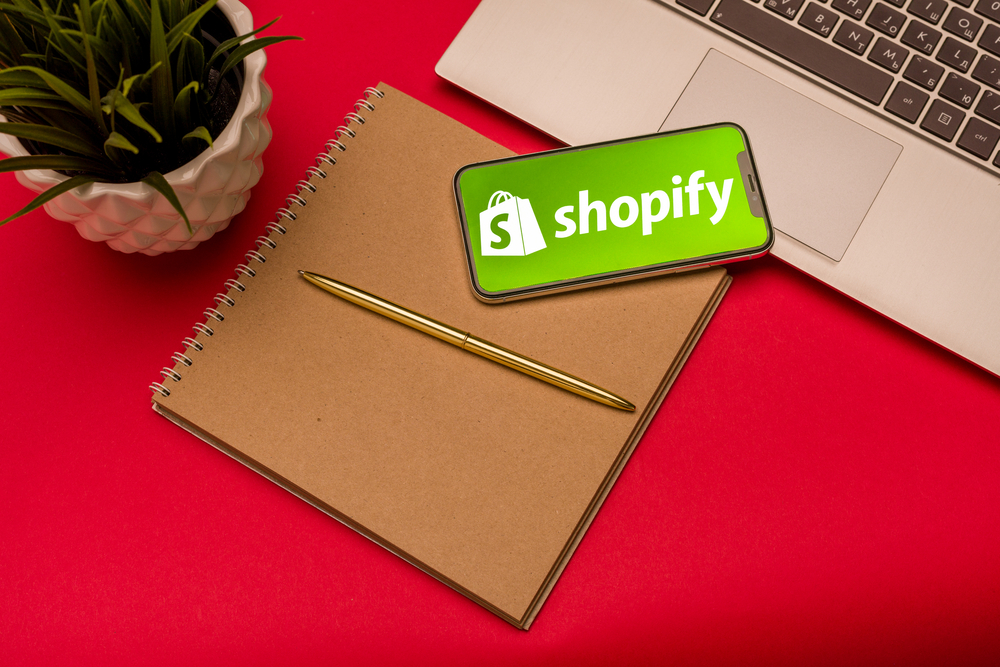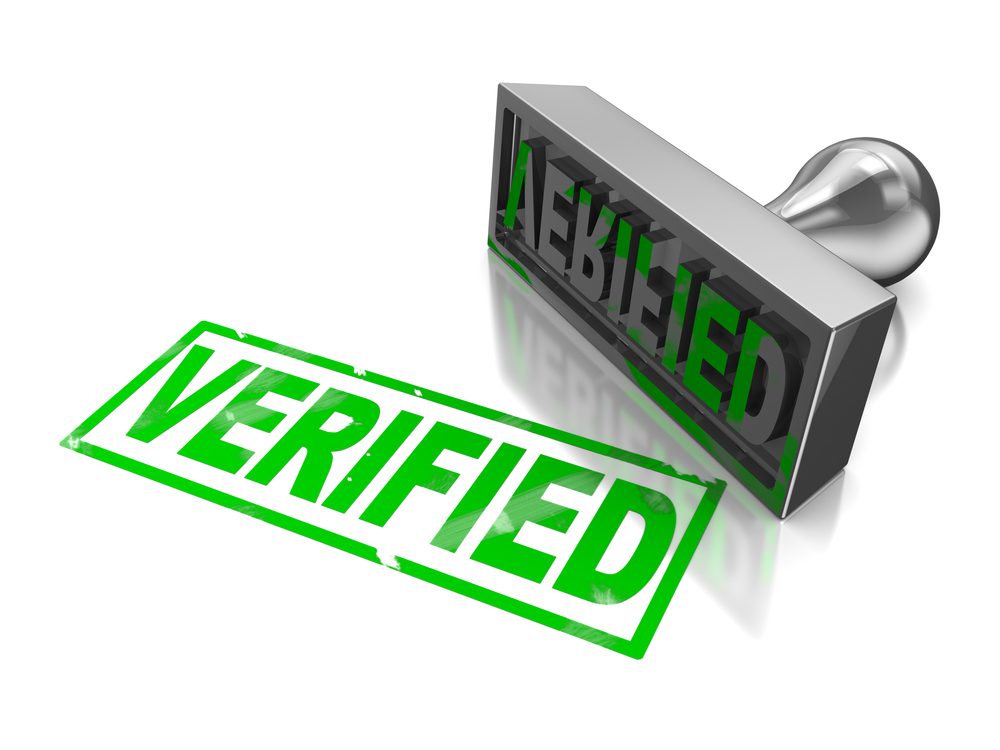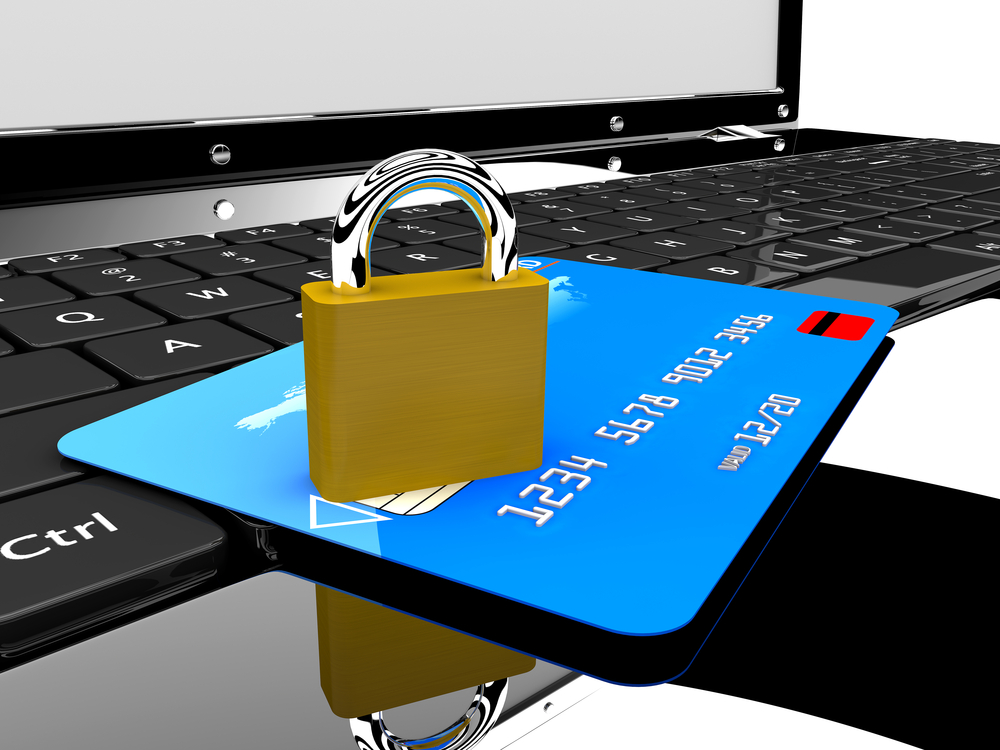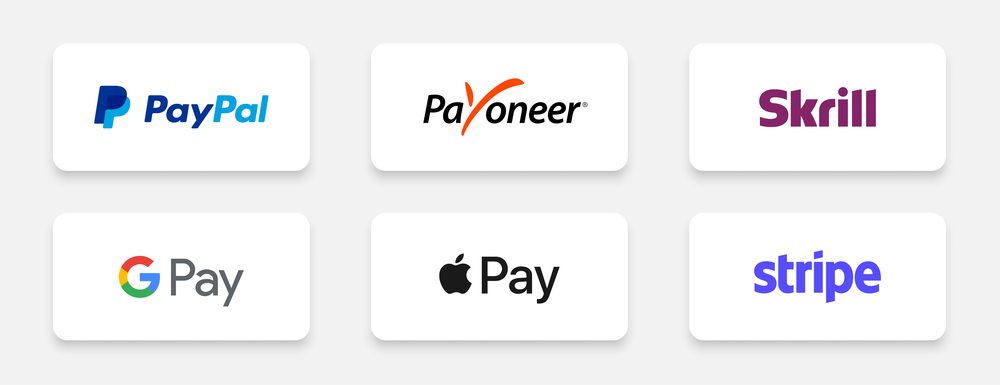Category: STRIPE
-
Is Shopify Payments the Same as Stripe?
If you’re an online store owner looking for a payment processor to help you accept credit cards, you have likely come across two of the biggest names in credit card processing: Shopify Payments and Stripe. From the start, it seems like those two providers are competing head-to-head with each other. They have different names, signing up…
Written by

-
Stripe Business Account Verification – Can You Bypass It?
The quick and easy answer is no, you cannot bypass verifying a Stripe business account. The longer answer is still no, but you can put it off. The better question to ask is, “why do I need to verify my Stripe account?” Account verification isn’t something a merchant or individual can avoid. Whether you’re fast-tracking…
Written by

-
When Stripe Becomes a Liability – The Limits of Processing Transactions
Stripe is easily one of the world’s go-to solutions for online payments. Customers know the payment gateway, merchant’s get a simple signup and fast activation, and both sides can benefit from Stripe’s security. But there’s a downside to using Stripe: payment processing limits. Depending on your industry and how much you process, you could fall victim…
Written by

-
FAQ Friday: What to Do If Stripe Is Holding Funds or Terminates Your Account
The panic-stricken, adrenaline-induced frenzy of researching solutions about what to do when Stripe holds funds—or worse, terminates your account—has been performed by countless merchants. If that’s any reason to relax a little then take it, because it means there is a solution. In fact, there are solutions to cover every aspect of this type of…
Written by

-
Alternatives to Paypal for Freelancers
Bloggers and other freelancers use Paypal to receive payments for their products and services. While the platform is generally excellent in offering great monetary transactions, it is just as important to take note of its cons that can impose limits in online payments processes. If there was a way to reduce your hassle and time…
Written by
